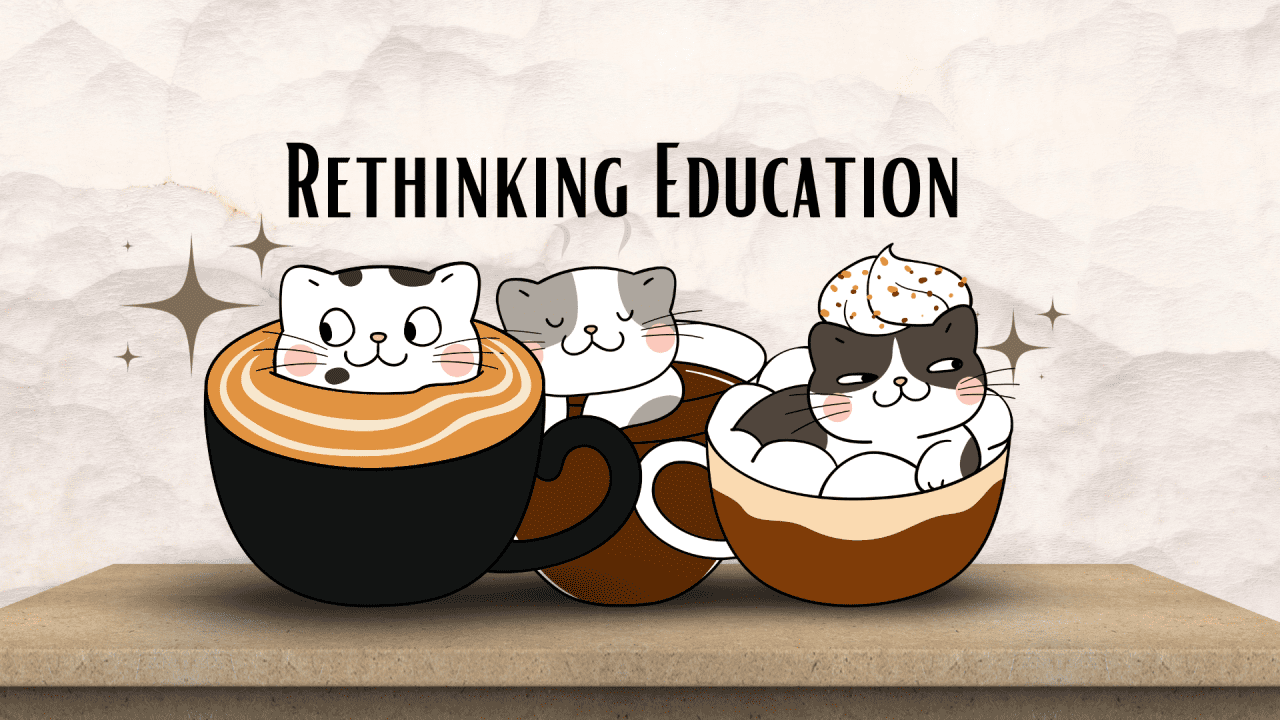
The needs of the world, and of our educational system, are expanding at a rate never before seen. In spite of the fact that conventional education has been the norm for many years, we must recognize the difficulties that students face today. Despite its many strengths, the traditional classroom setting isn’t necessarily the best learning environment for every student. In this article, we’ll take a look at some of the difficulties youngsters face in today’s conventional educational setting, and then talk about how unschooling and child-led instruction can help them overcome those obstacles and go on to achieve great things in life.
Problems With the Current Educational System:
- The “One Size Fits All” Method: Standardized curricula are common in conventional schools, which can stifle a child’s uniqueness and imagination. No matter a student’s individual aptitudes or areas of interest, they are all expected to progress at the same rate.
- Limited Engagement: Many students struggle to maintain interest and motivation in teacher-led classrooms because of the limited engagement they experience.
- Memorization Over Understanding: Students may prioritize memorization over understanding if there is an emphasis on rote memorization, which can have a negative impact on their ability to think critically and solve problems.
- Pressure to Conform: It can be challenging for students to fully explore their passions and talents in the current system because of the pressure to conform.
Unschooling and Child-Led Learning as Solutions:
Unschooling and child-led learning are two alternatives to traditional schooling that can help students overcome these obstacles and flourish as whole people. To name just a few advantages:
- Embracing Individuality: Recognizing the value of each learner’s uniqueness, unschooling encourages students to pursue their own areas of academic and personal interest. This method recognizes that there is no “one size fits all” when it comes to education.
- Encourage intrinsic motivation: When students have the freedom to choose what they want to learn, they become more motivated and interested. When They are in charge of their own learning, learning becomes fun and self-motivated.
- Promoting Critical Thinking: Unschooling helps kids learn how to think critically, solve problems, and be creative. Instead of learning facts by heart, students learn how to analyze and use information in real-world situations. This helps them get ready for the challenges of the future.
- Nurturing Personal Growth: Unschooling encourages a child’s emotional maturity, social competence, and self-awareness by allowing them to learn at their own pace and in their own way. Students are given the opportunity to grow in confidence and learn important life skills.
- Fostering Independence: Children who participate in unschooling or other forms of child-led learning develop important life skills like self-discipline, time management, and goal-setting at a young age, which will serve them well throughout their adult lives.
Impactful Futures:
By embracing unschooling and child-led learning, we pave the way for students to excel in their education and prepare them for impactful futures. They learn not only the academic knowledge but also how to navigate the complexities of the modern world with confidence and resilience.
In a rapidly changing job market where adaptability and innovation are valued traits, these alternative approaches to education provide children with the skills and mindset they need to thrive. Students emerge as self-directed learners, problem solvers, and lifelong seekers of knowledge, ready to make a positive impact on the world.
The challenges that students face in the current educational system are real, and it is critical to investigate alternative educational approaches. Unschooling and child-led learning are promising approaches to addressing these issues by encouraging individuality, intrinsic motivation, critical thinking, and personal growth. We can help children excel in their education and prepare them to be impactful individuals in their future endeavors by embracing these innovative approaches.
Let us advocate for a more adaptable and student-centered approach to education, one that allows every child to reach their full potential.

